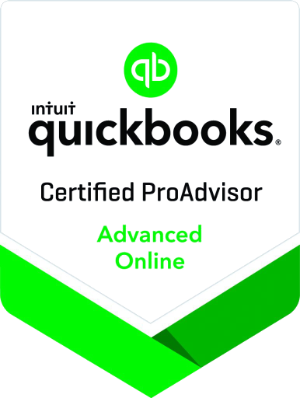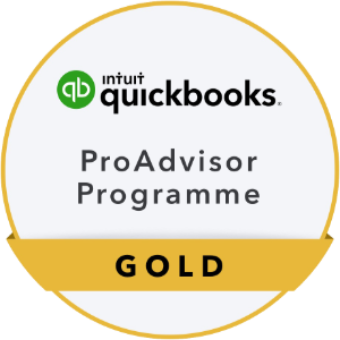AI. Artificial intelligence, two words that are certainly the talk of the sector, especially since the launch of Chat GPT.
Love it or hate it, AI is huge as it continues to push the boundaries in digital advances and robot intellect; and if we’re to remain competitive, it is suggested that we integrate and embrace AI technology to support growth and relieve pressure on teams.
However, as a charity, how do you manage AI in accordance with current governance? And is there a balance between risk and reward?
AI in Charity
Currently, 35% of charities have reported they already use AI, and a further 26% plan on integrating AI technology in the future, according to the 2023 Charity Digital Skills Report – so, how can we ensure that AI is used responsibly, it is not seen as machines taking over our jobs, and we use AI in a way that furthers the charity’s purposes and objectives?
We need to understand it.
Understanding:
- What AI is available
- How it will be used
- Who is responsible for using it and monitoring the outcome
- What tasks will it be performing
- How is performance and success measured
And so much more.
Benefits of AI for Charities
It frees up valuable time
AI writing tools are incredibly helpful in producing (at least the first draft) fundraising material, speeches (when provided with enough guidance), bid writing, and even drafting standard policies. Taking only minutes to pull the material together, AI can save considerable time and resources—a huge benefit to time-strapped charity managers.
Efficient way to reduce costs
Now, you can use AI to carry out repetitive admin tasks that take up a lot of your time—freeing up your charity workers and volunteers so they can focus on other supporting areas.
Can reach more beneficiaries
AI can help you personalise your communications and tailor your messaging instantly, improving engagement and increasing your reach quickly and effectively.
It can provide you with a great deal of data
With the right AI tool, you cannot only manage your data better but also determine patterns and trends, supporting you with future forecasting and campaign planning.
Donors are in favour
Recent reports show that donors are in favour of charities using AI as it can enable quicker and more targeted relief. However, they do require a certain level of awareness and transparency about how the charity is using AI.
Charity Governance and AI
Working with AI in your charity means you need to be aware of certain areas which link to your duties and responsibilities as a trustee. For example:
What skills are needed?
What skills are needed to use the tools available? Do you, your charity workers, or volunteers have these skills?
The first step is to identify what AI tools would be suitable for your charity and which ones would support its purposes.
Following this, it would be advisable to conduct a full skills audit to ensure that you have the required skills in-house and are fully capable.
Are you/volunteers already using AI?
Are you or members of your team already using AI? How are you managing this? Have you got a policy in place? Do you need one?
It is recommended that you have a policy introducing AI to your charity, clarifying how AI should be used, how you will continue to protect sensitive data online, and, most importantly, when. This is particularly important for trustees, who must be mindful of their duties and responsibilities in managing risks.
AI sometimes gets things wrong
AI won’t always get things right and for all the production of writing materials can be done in minutes, you will still need to include the detail as a computer will not know as much about your charity as you. Your plans or specific projects…the human touch.
AI also can’t give accurate legal advice. This is extremely important to bear in mind because, as Trustees, you are responsible for legal areas such as copyright infringement, potentially harmful content, data security breaches, and more.
Trustees are responsible for governance
As we know, Trustees are responsible for charity governance, which involves decision-making. When we introduce AI into our everyday processes, how do we confirm the accuracy of information? What reasonable checks do you have in place?
Human oversight must still be in place, allowing you to ensure fair and correct decision-making and again this level of information and detail must be outlined in your policy documents.
Trustees should also have the appropriate training to fully understand AI, its capabilities, and its risks.
AI in Charity
For years, charities have relied on the human touch. Interacting with people and being personable, drawing donors in by being, well, human.
However, as our lives get busier, more and more people are online, and AI systems become the norm, the tide and views on AI in charity have changed.
Providing complete transparency, using AI responsibly, and working alongside current governance and trustee duties and responsibilities will help to ensure support and success with AI. The Charity Commission also offers further guidance online surrounding the area of AI, which you can find HERE.






